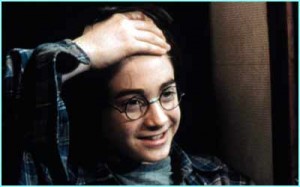
Fiction: A Dialogue
…we can reason our way out of a deontological stance into a utilitarian one. In fact we moderns are called on to do that every day. But the cognitive load required to apply the brakes on our fast and frugal heuristics is intense. So the stories I love most offer some kind of relief from the rational self-restraint I’m forced to exercise all the time—on the road, in the office, at home.



